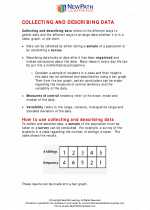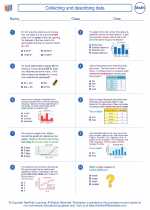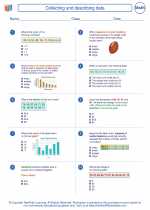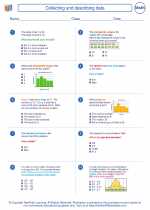Operators Study Guide
Operators are symbols that represent a mathematical operation or comparison. In mathematics, there are several types of operators, including arithmetic, relational, and logical operators. Understanding how to use these operators is crucial for solving mathematical problems and writing computer programs.
Arithmetic Operators
Arithmetic operators are used to perform basic mathematical operations such as addition, subtraction, multiplication, and division. The most common arithmetic operators are:
- Addition (+)
- Subtraction (-)
- Multiplication (*)
- Division (/)
- Modulus (%)
Relational Operators
Relational operators are used to compare two values and determine the relationship between them. These operators are often used in conditional statements and loops. The most common relational operators include:
- Equal to (==)
- Not equal to (!=)
- Greater than (>)
- Less than (<)
- Greater than or equal to (>=)
- Less than or equal to (<=)
Logical Operators
Logical operators are used to combine multiple conditions and create more complex logical expressions. These operators are often used in conditional statements and loops. The three main logical operators are:
- AND (&&)
- OR (||)
- NOT (!)
Study Tips
To master operators, practice is key. Here are some study tips to help you improve your understanding of operators:
- Practice using arithmetic operators to perform calculations and solve mathematical problems.
- Write and solve relational operator expressions to compare different values and understand their relationships.
- Work on creating logical expressions using logical operators to combine multiple conditions and evaluate their outcomes.
- Try writing simple programs or scripts that involve the use of different operators to reinforce your understanding.
By mastering the use of operators, you'll be better equipped to solve mathematical problems and write efficient computer programs.
.◂Math Worksheets and Study Guides Eighth Grade. Collecting and describing data

 Worksheet/Answer key
Worksheet/Answer key
 Worksheet/Answer key
Worksheet/Answer key
 Worksheet/Answer key
Worksheet/Answer key
